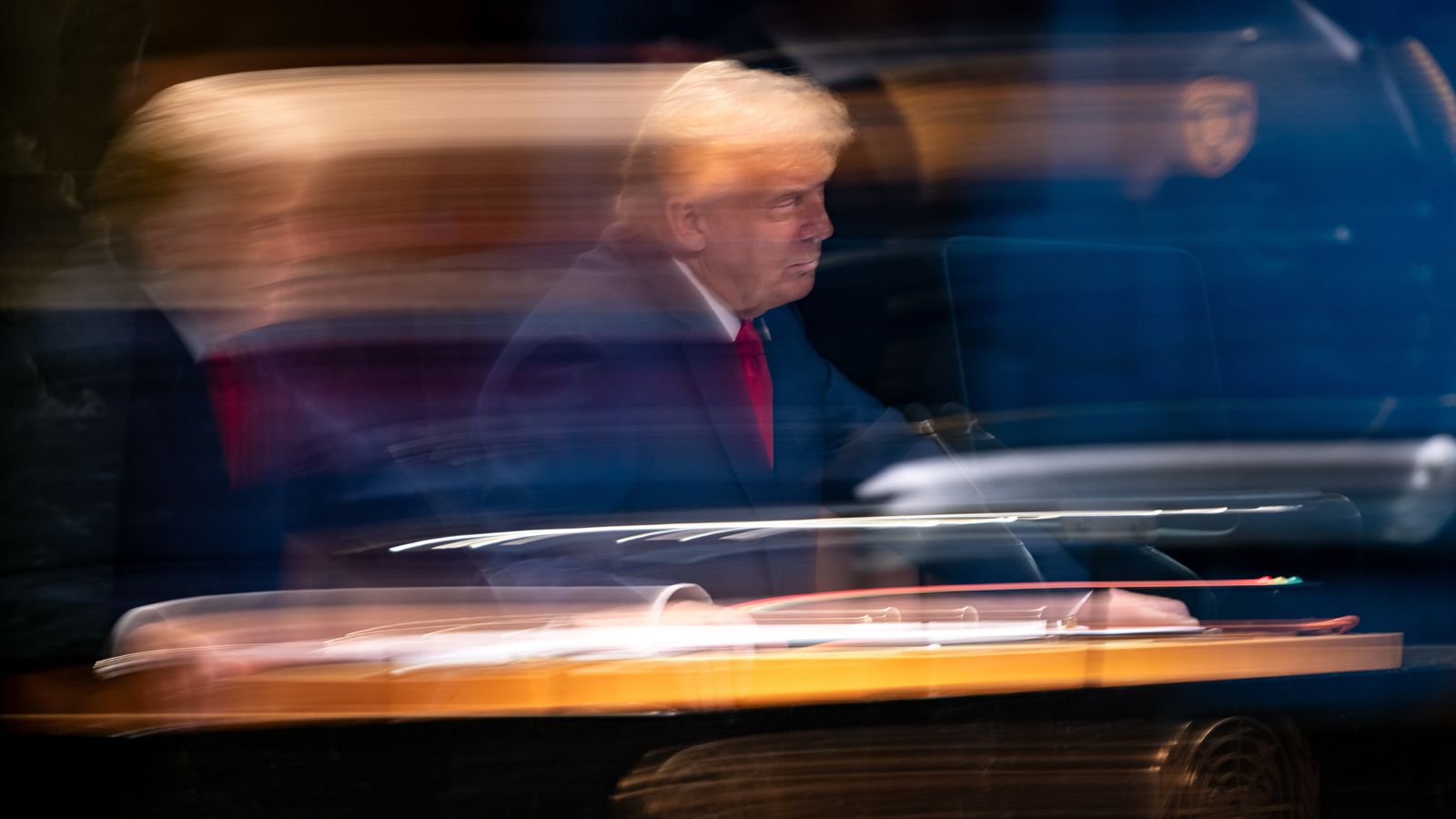APPLETON, Wis. — President Donald Trump's declaration of a 'national energy emergency' upon entering the White House has taken on new urgency, as experts warn that his policies favoring fossil fuels over renewables could soon trigger a genuine crisis in U.S. energy supply. According to a recent analysis, the shift away from clean energy investments is poised to leave American businesses struggling for power and consumers facing higher bills, even as electricity demand surges due to advancements in artificial intelligence and data centers.
Trump, who campaigned on a promise to 'drill, baby drill' and boost oil and gas production, has already axed hundreds of billions in tax breaks and grants for low-carbon power, redirecting those funds to fossil fuel projects. This move, reported by Sky News on November 8, 2025, comes amid a backdrop of rising energy needs, with U.S. electricity demand forecasted to grow by 25% by 2030, according to analysis from ICF International. The president's approach, which includes halting major renewable projects, has drawn criticism from environmental groups and industry observers who argue it undermines long-term energy security.
One stark example is the Revolution Wind project, described as one of the largest offshore renewable energy initiatives in the U.S. Located off the coast, the project was nearly 80% complete when the White House ordered an immediate halt. Sky News visited the site, where massive 200-meter-wide turbines were still spinning under a temporary injunction, though they remain unconnected to the grid. As long as Trump holds office, their future connection is uncertain, potentially jeopardizing more than $100 billion in clean energy investments nationwide.
Patrick Galey of Global Witness, an environmental advocacy group, highlighted the broader trends in U.S. fossil fuel production. According to their analysis of company data, since the Paris Agreement was signed in 2015, U.S. oil and gas output has grown five times faster than the average of the world's next largest producers. This surge accelerated during Trump's first term and is projected to continue, with production expected to double that of Russia by 2035.
'Instead of reducing investment in dirty oil and gas, the principal drivers of climate breakdown, the US has doubled down on fossil fuels, ramping up production,' said Galey in the Sky News report.
The administration's energy team reflects strong ties to the fossil fuel industry. U.S. Energy Secretary Chris Wright, along with many key White House staff and advisers, are former insiders from the sector. This has fueled the industry's growth, which backed Trump's re-election bid. Conservative supporters view this as a win for energy independence, aligning with Trump's dismissal of what he calls the 'climate emergency' invoked by his rivals.
Yet, the policy shift occurs against a rising tide of energy demand. For years, U.S. electricity consumption declined or stayed flat, but it's now climbing, driven partly by the boom in power-intensive data centers. Trump has championed American supremacy in AI, backing investments and cutting red tape for these facilities, which further amplifies the need for reliable power sources.
At Mitsubishi Power's factory outside Savannah, Georgia, executives report unprecedented demand for new gas turbines used in power stations. Bill Newsom, the U.S. CEO, told Sky News that wait times for these turbines have doubled from two years ago. While natural gas is seen as a cleaner alternative to coal—emitting about half the carbon—and provides baseload power that renewables struggle to match consistently, production can't keep pace with the surge.
'Demand for new turbines has never been greater,' said Newsom, emphasizing the challenges in scaling up quickly enough to meet needs.
Industry analysts predict that American businesses, including those in the AI sector, will suffer from power shortages as a result. Consumers, whom Trump promised lower energy bills, may instead face higher costs due to the increased expense of renewables under the new policies. This comes at a time when renewable energy is often the quickest and cheapest way to expand capacity, according to experts cited in the report.
The broader context includes global climate concerns. The United Nations has warned that 2025 is set to be among the hottest years on record, and events like COP30 highlight China's dominance in renewables, as seen in projects in Laos. In the U.S., Trump's actions contrast with international efforts to limit warming to 1.5 degrees Celsius under the Paris Agreement, a target that requires rapid transitions away from fossil fuels.
Environmental groups argue that accelerating oil and gas production not only exacerbates global warming but also risks economic fallout. The Sky News analysis points out that the U.S. has become the world's top producer, outpacing rivals, but at the potential cost of energy reliability. Supporters of Trump's policies, however, maintain that fossil fuels ensure energy dominance and job creation in key states.
Looking ahead, the halt on projects like Revolution Wind and doubts over other wind and solar developments could lead to blackouts or rationing if demand outstrips supply. Officials have not yet commented on contingency plans, but the administration's focus remains on fossil fuels. As one industry insider noted, while gas will play a role, the speed of building infrastructure lags behind needs.
The implications extend beyond energy prices to national security and innovation. With AI positioned as a cornerstone of U.S. competitiveness, power shortages could hinder progress. Meanwhile, the environmental toll—higher carbon emissions—contradicts global calls for emission reductions, potentially isolating the U.S. in international climate talks.
As the situation unfolds, stakeholders from business leaders to environmentalists are watching closely. Whether Trump's 'energy emergency' averts or precipitates a real crisis remains to be seen, but the forecasts suggest challenges ahead for America's power grid and economy.
